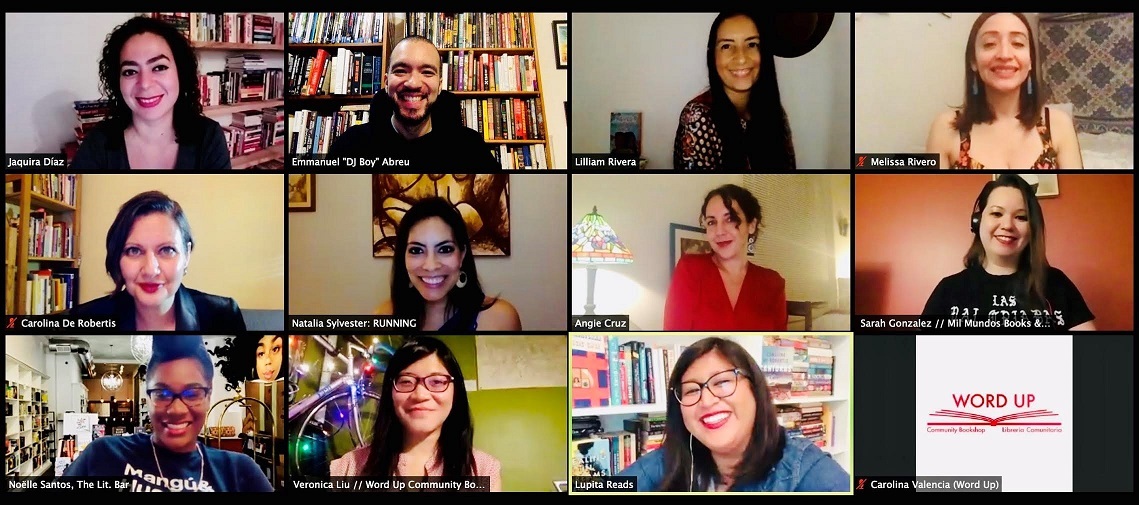Why the mere act of reading makes a statement.

Reading will always be political. This isn’t an opinion; it’s a fact. Because we learn through reading: In books, we have the unique ability to choose to experience (at a very minimal level) what it’s like to be someone else.
Researchers have found, for instance, that reading literary fiction “improves a reader’s capacity to understand what others are thinking and feeling.” So reading should be political. Each decision you make about what to read is an opportunity to grow as a human.
For that reason, it’s important to be selective.
Many readers, though, would argue the opposite. In the world of book clubs and online bookish communities such as #Bookstagram, some attempt to make the case that reading isn’t political, and that politics has no place in spaces that exist to discuss bookish things.
They’ll say reading is an opportunity to “escape” reality and that we can connect to each other regardless of our politics. Campaigns of “be kind” and “let’s agree to disagree” are quickly weaponized to shut down any potentially political discussions. Every effort is made to preserve the spaces these readers think exist to help them escape the realities of the world.
But what many don’t acknowledge is that reading is a privilege. Carving out space on social media or in person (I hope you aren’t doing this; there’s still a pandemic going on!) to discuss books is a privilege. Being able to buy a book is a privilege. Being able to say, “Reading isn’t political” is a privilege because either you’ve never had to fear for your own basic rights, or the rights of your loved ones haven’t been endangered depending on the administration in power.
Reading is an escape for those who enjoy the privilege of stepping away from the politics of the world because they already know — or maybe don’t know — how those politics affect them.
Personally, during these times, I value books even more, not because I can escape into them but because they help me better understand the ways in which my fears are valid. They help me understand how things affect not only me but those around me, including those who don’t enjoy my same privileges.
These books do that for me, and I hope you’ll let them do it for you, too:
- Minor Feelings: An Asian American Reckoning by Cathy Park Hong
- Conditional Citizens: On Belonging in America by Laila Lalami
- How to Slowly Kill Yourself and Others in America: Essays by Kiese Laymon
- Good Talk: A Memoir in Conversations by Mira Jacob
- Just Us: An American Conversation by Claudia Rankine
- Tell Me How It Ends: An Essay in Forty Questions by Valeria Luiselli
- Once I Was You: A Memoir of Love and Hate in a Torn America by Maria Hinojosa
- Running by Natalia Sylvester
- Sister Outsider: Essays and Speeches by Audre Lorde
- The Undocumented Americans by Karla Cornejo Víllavícencío
Lupita Aquino — better known as Lupita Reads — is the co-founder and current lead of LIT on H St. Book Club at Solid State Books. She is a passionate reader active in both the local and online book community through her Instagram blog, @Lupita.Reads. You can also catch her tweeting about books over at @lupita_reads.

